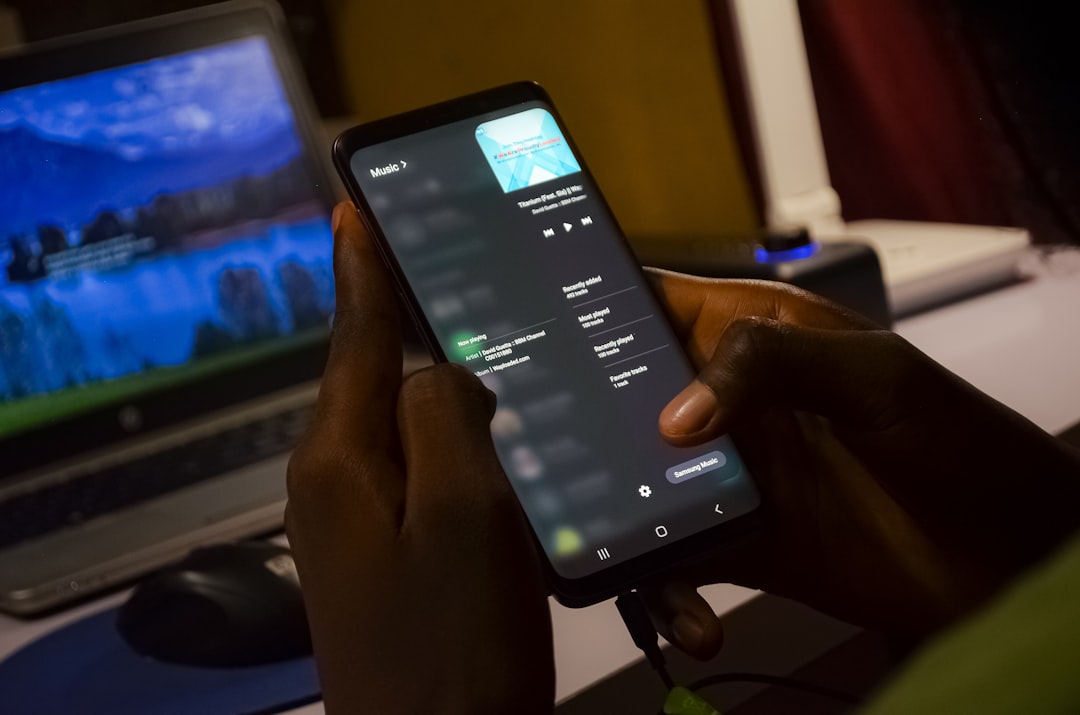Indonesia’s digital economy is booming, and as part of this growth, the government has embraced cryptocurrency under a regulated framework. For entrepreneurs and businesses aiming to enter the Indonesian crypto space, obtaining a crypto license is essential. Not only does this legitimize your operations, but it also allows you to engage freely with the growing community of crypto users in the country. This guide outlines the step-by-step process to acquire a crypto license in Indonesia, making it easier for you to navigate the legal and regulatory landscape.
Why a Crypto License is Important in Indonesia
Indonesia’s regulatory authority for crypto activities is Bappebti, or the Commodity Futures Trading Regulatory Agency. The country classifies crypto assets as commodities, not currencies, and they may be traded on officially registered platforms. However, crypto cannot be used as a payment tool within Indonesia.
Securing a crypto license ensures you operate in compliance with Indonesian laws, gain access to banking and financial services, and build trust with users. Without a proper license, companies risk legal repercussions, heavy fines, or even shutdowns.
Step-by-Step Guide to Obtaining a Crypto License in Indonesia
1. Understand the Types of Crypto Licenses Available
Indonesia’s Bappebti provides several categories for crypto businesses. Choosing the right one is the first step:
- Crypto Asset Trader: For businesses intending to trade crypto assets.
- Crypto Exchange Operator: For platforms facilitating user-to-user trades.
- Custodian Services: For companies offering secure crypto asset storage.
- Crypto Clearing House: For firms running backend settlement services for exchanges.
2. Register a Legal Entity in Indonesia
Only Indonesian-based legal entities can apply for a crypto license. You’ll need to set up a Perseroan Terbatas (PT) – a limited liability company structure. The requirements include:
- Minimum capital of IDR 50 billion (approx. USD 3.2 million) for exchanges
- Indonesian residence for some directors and shareholders
- Registered office and tax identification number
This step may require the assistance of local legal advisors or business consultants to ensure full compliance with corporate regulations.
3. Meet the Technical and Security Requirements
Bappebti places a high emphasis on platform security. To qualify for a license, companies must meet standards such as:
- Secure IT architecture and infrastructure
- Real-time data backup and disaster recovery systems
- Clear anti-fraud protocols and KYC (Know Your Customer) mechanisms
- Regular audits and security assessments
Creating a secure platform not only satisfies regulatory requirements but also builds credibility with users.

4. Preparing Documentation for Submission
You’ll need to present various business documents, plans, and policies to Bappebti to demonstrate the legal and technical viability of your crypto operations. Examples include:
- Business plan outlining objectives, target market, and revenue model
- Detailed platform architecture diagram
- KYC and AML (Anti-Money Laundering) policy framework
- Legal agreements for customers and partners
Ensure all documents are translated into Indonesian, as required by local authorities.
5. Apply for Initial Approval from Bappebti
Once you’ve gathered all necessary documentation, submit your application to Bappebti for initial approval. This phase may involve:
- Document verification
- Fit and proper tests for directors and commissioners
- Compliance checks with Indonesian economic policy
This stage may take a few months, and Bappebti may request additional clarifications or improvements to your business model or infrastructure.
6. Develop a Demo Platform
Before final licensing approval, Bappebti typically requires a fully functional demo of your platform. This demo showcases how transactions work, how data is protected, and how users interact with your services. The demo must have the same conditions as those planned for operation after full licensing.

During this stage, Bappebti runs several technical checks and security audits. Make sure your system is well-tested and ready for evaluation.
7. Obtain Final Approval and Get Listed
If your business passes all checks and the platform functions as expected, you’ll receive final licensing approval. Your company will also be included in Bappebti’s official list of licensed crypto businesses—essential for establishing public trust and operating legally.
Once approved, you are allowed to begin full operations as per the parameters of your specific license. But your work doesn’t end here.
8. Ensure Ongoing Compliance
To maintain your crypto license in Indonesia, ongoing compliance is required. This includes:
- Monthly transaction reporting
- Yearly financial audits
- Regular updates of KYC/AML policies
- Security system upgrades and redundancy checks
Non-compliance can result in license suspension or cancellation. It’s strongly advised to hire a dedicated compliance officer or partner with a legal consultant to keep up with changing regulations.
Challenges to Be Aware Of
While Indonesia is open to crypto innovation, the regulatory environment can be complex. Businesses should be aware of the following challenges:
- High Regulatory Standards: Security and compliance requirements are rigorous.
- Local Ownership Requirements: Involvement of local shareholders and directors may be mandatory.
- Changing Policies: As Indonesia continues to monitor crypto developments, regulations may evolve quickly.
Benefits of Obtaining a Crypto License in Indonesia
Despite the challenges, obtaining a license opens doors to many benefits:
- Legal Clarity: Operate without fear of penalties or shutdowns.
- Market Access: Reach over 270 million Indonesians, many of whom are increasingly adopting crypto.
- Banking Relationships: Secure partnerships with financial institutions.
- Investor Confidence: Attract both domestic and foreign investments by demonstrating regulatory approval.
Conclusion
Indonesia’s crypto market is brimming with potential, and getting a license is your gateway to becoming a credible player in this dynamic industry. Although the regulatory process can be complex, taking a systematic and informed approach makes the journey manageable and worthwhile.
Whether you’re launching a digital asset exchange, a wallet service, or another crypto-related solution, working with experts and understanding Indonesia’s licensing requirements is crucial. With the right strategy, you can become part of the vibrant, evolving blockchain ecosystem in one of Southeast Asia’s most promising economies.
Always consult with legal advisors, regulatory specialists, and local consultants to stay up-to-date with the latest information and navigate the process successfully.
Embarking on your crypto journey in Indonesia? The time to act is now. The earlier you align with regulations, the better positioned you’ll be for long-term success.

